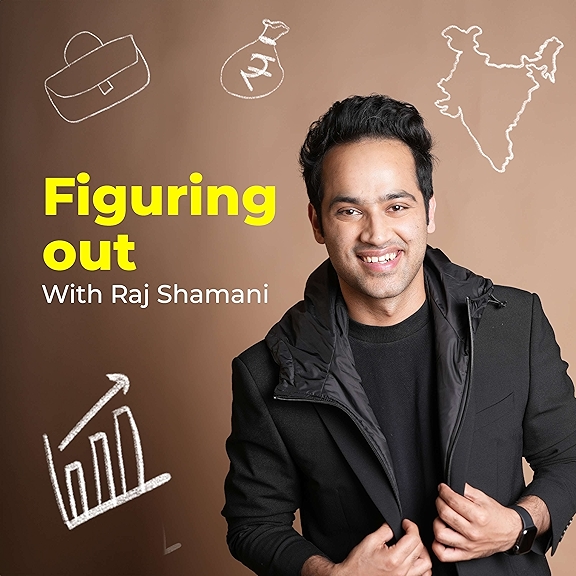
#293 English expressions - Good for you!
Transcript:
Hi! I’m Georgiana, and I’m back with a new episode. I’m here to help you speak English fluently. And what do you need to speak fluently? You need to LISTEN, LISTEN, LISTEN, and LISTEN. 🙂
If you want to help me, SHARE the podcast with your friends and family. That would mean a lot. Thanks.
On my website you can get the 5 Secrets to speak English, and also my premium courses.
Before we start, get the transcript at SpeakEnglishPodcast.com/podcast
It’s completely free!
Ok, let’s start!
Learning English is exciting because we get to know how people actually speak. Today, we will look at a common phrase in the US: “Good for you!” It’s a friendly way to talk, but there’s more to learn about it.
What Does “Good for you!” Mean?
When people say “Good for you!” they show they are glad for someone else. Imagine giving a friend a thumbs-up. For example, if your friend tells you they did well on a test, saying “Good for you!” is like saying, “I’m happy for you!”
When You Are Really Glad:
Imagine your friend telling you, “I got first place!” You can respond with a smile, “Good for you!” to show your happiness for their success.
How You Say It Is Key:
Your tone of voice can change the meaning. Use a cheerful tone to make sure your friend feels your sincerity.
When to Say “Good for you!”
This phrase fits well in many situations. Here are some moments to use it:
Celebrating Achievements:
When someone achieves something from hard work, like scoring high on a test, “Good for you!” is a great response.
Sharing in Good News:
Hearing about a friend’s good news, like getting a new pet, and saying “Good for you!” shows you share their happiness.
Let’s Practice:
Imagine a time when someone shared something joyful with you. How would you reply? Simple, “Good for you!” Just remember, saying it with a smile and warmth in your voice can really make a difference.
The Different Meanings of “Good for you!”
Sometimes, “Good for you!” is not only about being happy for someone. It can also be used for jokes or in not-so-nice ways, known as sarcasm.
When It’s Just a Joke:
Friends might use it playfully when someone says something funny or not so-important. It’s their way of being friendly.
When It Might Not Be Kind:
However, if someone’s tone sounds unhappy or their expression appears unfriendly, they might not be saying it kindly. For example, if you say, “I can tie my shoes,” and someone responds with, “Good for you!” without a friendly tone, they might not be being nice. They could be mocking you because tying shoes is something most people can do.
Understanding the Difference:
Listen to their voice: Is it light, happy, or flat and unkind?
Look at their expression: Is there a real smile, or do they seem insincere?
Consider what you said: Was it something impressive or ordinary? This helps you figure out if they’re joking or not.
Some Examples:
Happy: You: “I aced my test!” Friend: “Good for you!” (They’re genuinely pleased.)
Joking: You: “I spent the whole day watching TV.” Friend: “Good for you!” (They’re playfully teasing because it’s not a big deal.)
Not Nice: You: “I cleaned up my room today.” Friend: “Well, good for you.” (If their tone is sarcastic, they may not think it’s important.)
That’s why, it’s crucial to pay attention to how people say things, not just the words. This helps you know if they’re truly happy for you, making a joke, or being unkind.
Let’s continue with a surprising point-of-view story:




















